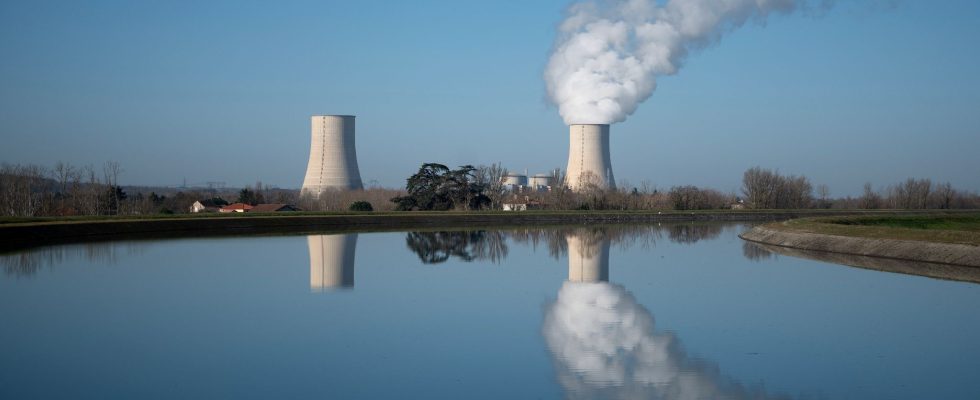Until recently, there were two places where you should not talk about nuclear energy: in a meeting of environmentalists and in front of an audience of investors. From now on, environmentalists remain the last anti-nuclear bastion: investors are joining the groundswell of public opinion in favor of the development of new nuclear projects (+ 7% of favorable opinions between 2021 and 2022, i.e. a total of 46% of the population in thirty countries surveyed by Ipsos). Not that they were virulent opponents of nuclear energy. The reality was more prosaic: they didn’t know it. The reason was very simple: it was too risky. And the risk that the market had in its sights was not the risk of accident but that linked to the delays and budget overruns which have marked the recent history of nuclear energy in France, in Finland or even in the USA. An industrial risk which was largely linked to the political context: when we built little, we built poorly and slowly, against a backdrop of loss of skills.
Today, political risk no longer exists, far from it: nuclear projects are developing throughout Europe as well as in Asia and the United States. And China is there to remind us that, when you build a lot, you build faster and faster. It announces a construction time of four years for its latest reactor technology. The disappearance of political risk has a direct consequence on the cost of projects: half the cost of a reactor comes from the cost of capital, the very high risk premium associated with rare nuclear power is significantly reduced once the new projects benefit not only from political support but also from financial guarantees. This is the whole purpose of the very tough negotiations in Brussels on the reform of the electricity market or even on the legislative project on industry, the Net Zero Industry Actwhich aims to allow European nuclear projects support similar to that enjoyed by American projects.
Nuclear energy appears all the more attractive to the market as it becomes aware of the limits of investment in renewable energies. The publication last May of a study by Bank of America research teams cooled the enthusiasm of many investors. According to their calculations, after taking into account efficiency and storage requirements, the cost of electricity transmission and distribution, as well as overall system balancing costs and other overhead costs, Nuclear power plants are by far the least expensive sources of energy, including compared to power plants running on fossil fuels.
This alignment of the planets between politics, finance and economics confirms that everything is in place for a real take-off of nuclear power. There remains one protagonist: the industry. It is it which holds the key to the energy security of countries which decide to give priority to the nuclear option because it is it which has control over an important unknown in the equation: time. In the competition taking place today between the main technology providers, the subject is in fact less the cost of the projects than the time of their deployment. Historically, 80% of nuclear reactors were built in a decade or less, with 40% in six years or less. The industry knew how to do it. Will she be able to repeat this feat? The answer is positive under two conditions: first, if it can build in series, that is to say not one reactor here and there but several in a row; then, if the deadlines for administrative procedures are massively reduced, or even harmonized. Very concretely, this means that there is not a French market, a Swedish market, a Polish market, a Bulgarian market or a Czech market… But that the right spatial scale for the industry to control the construction time of the projects is on a European scale.
It is in this spirit that on November 3, 12 European countries took the initiative to propose an industrial alliance on small modular reactors (SMR), a few months after the creation of a nuclear political alliance. In reality, it is the entire nuclear industry which is affected by this harmonization, not just SMRs. And it is time to go further than these ad hoc alliances, largely intended to bypass anti-nuclear countries: Europe needs a new Euratom treaty. Little known, this founding treaty signed in 1957 at the same time as the Treaty of Rome is widely used by technicians and industry to facilitate trade in nuclear materials. It is time to give it new political life, including by adapting it to today’s energy, climate and geopolitical challenges.
